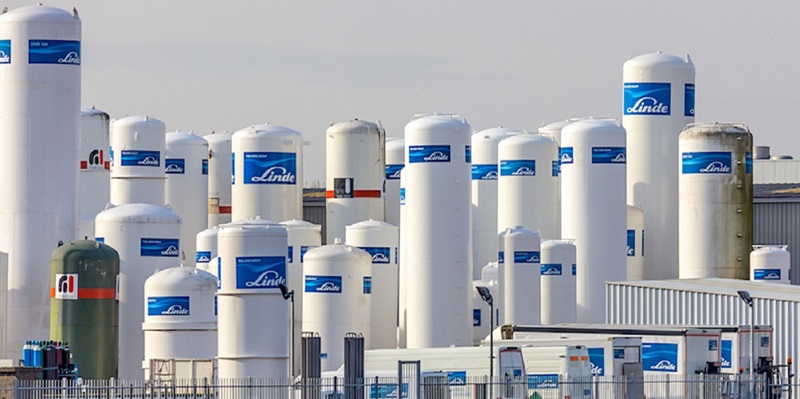Schedule a Call Back
GOI identifies 300 laws for potential decriminalisation to boost business
 Industry News
Industry News- Sep 26,24

Related Stories

GOI identifies 300 laws for potential decriminalisation to boost business
The minister noted that the Production-Linked Incentive (PLI) schemes launched in 2020, with an outlay of Rs 1.97 trillion, have been a significant driver for 14 sectors, particularly electronics an..
Read more
Bright future for manufacturing as ‘Make in India’ marks 10 years: Piyush Goyal
Other sectors like steel, cement, and textiles have seen massive investments, contributing to the overall growth of India’s manufacturing capacity.
Read more
India to become $10 trillion economy by 2032; Overtaking US and China
India's economic expansion has accelerated in recent years; while it took 63 years, from 1947 to 2010, to reach a GDP of $1 trillion, it achieved $2 trillion by 2017 and $3 trillion by 2020.
Read more











